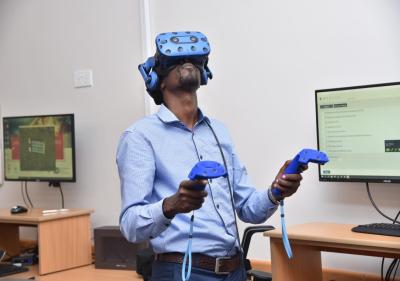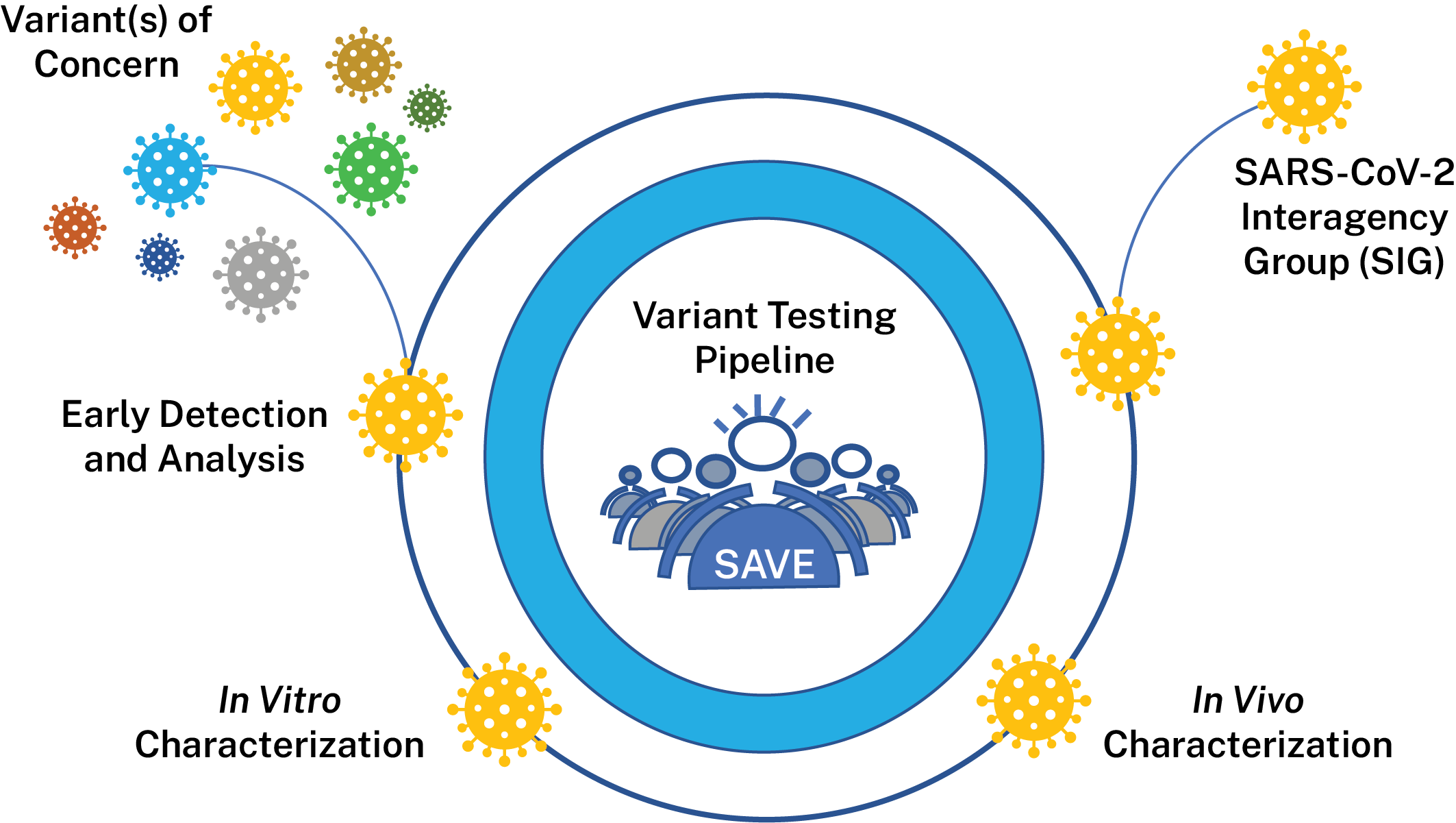Durkee-Shock J, Lazarski CA, Jensen-Wachspress MA, Zhang A, Son A, Kankate VV, Field NE, Webber K, Lang H, Conway SR, Hanley PJ, Bollard CM, Keller MD, Schwartz DM. Transcriptomic analysis reveals optimal cytokine combinations for SARS-CoV-2-specific T cell therapy products. Mol Ther Methods Clin Dev. 2022 Jun 9;25:439-447.
Durkee-Shock J, Zhang A, Liang H, Wright H, Magnusson J, Garabedian E, Marsh RA, Sullivan KE, Keller MD; USIDNET Consortium. Morbidity, Mortality, and Therapeutics in Combined Immunodeficiency: Data From the USIDNET Registry. J Allergy Clin Immunol Pract. 2022 May;10(5):1334-1341.e6.
Delmonte OM, Bergerson JRE, Burbelo PD, Durkee-Shock JR, Dobbs K, Bosticardo M, Keller MD, McDermott DH, Rao VK, Dimitrova D, Quiros-Roldan E, Imberti L, Ferrè EMN, Schmitt M, Lafeer C, Pfister J, Shaw D, Draper D, Truong M, Ulrick J, DiMaggio T, Urban A, Holland SM, Lionakis MS, Cohen JI, Ricotta EE, Notarangelo LD, Freeman AF. Antibody responses to the SARS-CoV-2 vaccine in individuals with various inborn errors of immunity. J Allergy Clin Immunol. 2021 Nov;148(5):1192-1197.
Kinoshita H, Durkee-Shock J, Jensen-Wachspress M, Kankate VV, Lang H, Lazarski CA, Keswani A, Webber KC, Montgomery-Recht K, Walkiewicz M, Notarangelo LD, Burbelo PD, Fuss I, Cohen JI, Bollard CM, Keller MD. Robust Antibody and T Cell Responses to SARS-CoV-2 in Patients with Antibody Deficiency. J Clin Immunol. 2021 Aug;41(6):1146-1153.
Durkee-Shock JR, Kuehn HS, Stoddard J, Niemela JE, Sun G, Keller MD, Rosenzweig S, Milner JD. Recurrent lymphadenitis in a female XIAP/BIRC4 mutation carrier with normal lyonization. J Allergy Clin Immunol Pract. 2021 Feb;9(2):1002-1005.e2.
Keller MD, Harris KM, Jensen-Wachspress MA, Kankate VV, Lang H, Lazarski CA, Durkee-Shock J, Lee PH, Chaudhry K, Webber K, Datar A, Terpilowski M, Reynolds EK, Stevenson EM, Val S, Shancer Z, Zhang N, Ulrey R, Ekanem U, Stanojevic M, Geiger A, Liang H, Hoq F, Abraham AA, Hanley PJ, Cruz CR, Ferrer K, Dropulic L, Gangler K, Burbelo PD, Jones RB, Cohen JI, Bollard CM. SARS-CoV-2-specific T cells are rapidly expanded for therapeutic use and target conserved regions of the membrane protein. Blood. 2020 Dec 17;136(25):2905-2917.
Visit PubMed for a complete publication listing.



